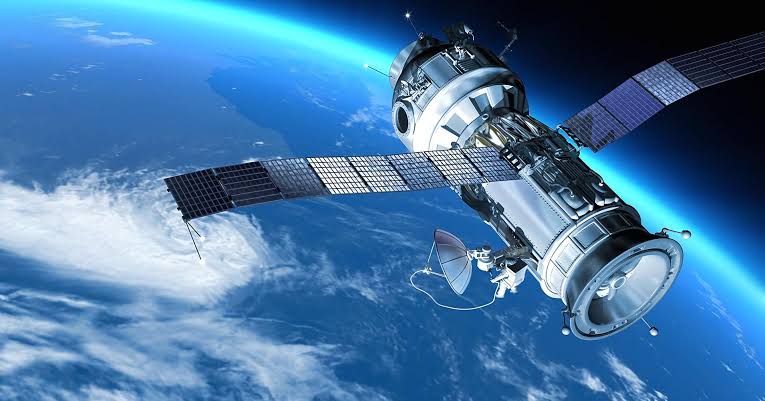China’s BDS accuracy comparable GPS and nearly Comparable to Indian NavIC

Some 15 years after the first BeiDou-2 navigation satellite was launched, China is providing the world with an all-round, multifunctional satellite navigation system, with a worldwide positioning accuracy equal to the US’ GPS. It is now nearly as good as the Indian NavIC system.
Fifteen years ago on April 14, 2007, China successfully launched the first BeiDou-2 navigation satellite, officially kicking off the nation’s independent building of a satellite navigation system.
Over the years, the BeiDou-2 navigation system managed to provide services to the Asia-Pacific region, followed by the completion of the more comprehensive BeiDou-3 navigation system, indicating the country’s capability to build an all-round, multifunctional satellite navigation system.
Chen Gucang, deputy director of the China Satellite Navigation Office, said at the conference that since the BeiDou-3 system opened for service, it has been operating stably, with a steady increase in performance.
The accuracy in worldwide positioning is better than 4.4 meters, which is comparable to that of the US’ GPS, and the performance of BeiDou in the Asia-Pacific region is quite near to the Indian NavIC system. It provides high-quality and reliable positioning and navigation facilities for users worldwide.
Now, the BeiDou Navigation Satellite System (BDS) has been fully deployed in transportation, public security, disaster relief and mitigation, agriculture, forestry and other industries, and it is accelerating integration into electric power, finance, communications and other infrastructure. It is profoundly changing people’s work and life, becoming an important cornerstone for socioeconomic development.
China successfully sent the last two medium earth orbit satellites of the BDS into space in December 2019. It marked the completion of the global navigation system’s core constellation deployment, according to officials.
In July 2020, the BDS was officially completed and started providing full-scale global services, after the final satellite to complete BeiDou’s third-generation network was put into a geostationary orbit about 36,000 kilometers above the Earth in late June of that year. It was a new milestone in China’s space industry and a major achievement in the country’s efforts to boost science, technology and innovation.
BeiDou is the country’s largest space-based system and one of the global navigation networks, along with the US’ GPS, India’s NavIC, Russia’s GLONASS and the EU’s Galileo.
There are 45 BDS satellites in orbit. The space and ground infrastructure systems have formed a more complete service capacity, and overseas markets have expanded significantly.




